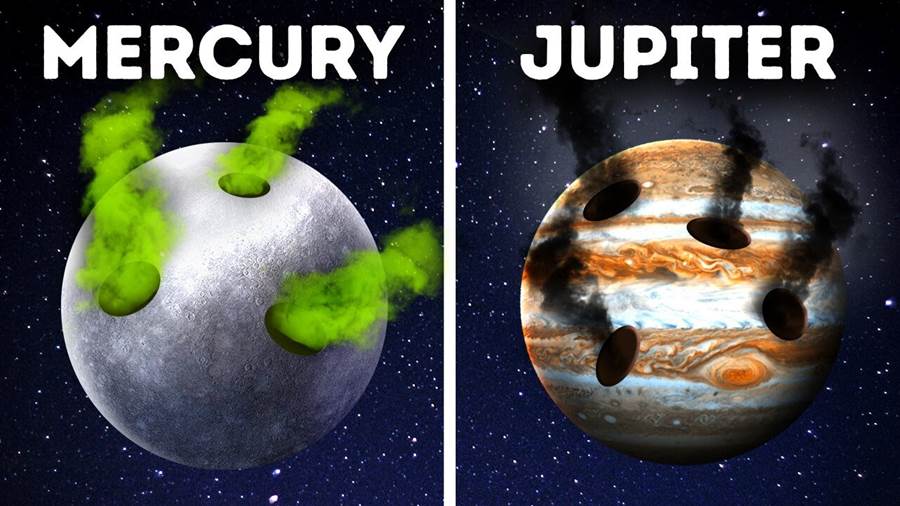
In a recent study conducted by scientists, it has been revealed that humans may finally have a chance to know what other planets smell like. The research involved simulating the atmospheric conditions of various celestial bodies and attempting to recreate their distinct odor profiles. This exciting breakthrough could provide valuable insights into the composition and characteristics of other planets, enhancing our understanding of the universe.
The study employed a technique called "gas chromatography-mass spectrometry" to analyze gases typically found in planetary atmospheres. By blending different gases in specific ratios, researchers were able to create scents that resembled those of Mars, Titan, and other planets.

Interestingly, the results revealed that each celestial body possesses a unique smell. For instance, Mars was found to have a scent reminiscent of "rotting sulfurous onions," while the smell of Venus was likened to that of "gasoline." Additionally, Saturn's moon Titan was reported to emit a fragrance similar to "a pungent and stale wet sand," indicating the presence of organic molecules.
Understanding the olfactory profiles of different planets can offer valuable clues about their geological and atmospheric conditions. Moreover, it can aid in identifying potential habitable environments and assist future space explorations. These findings mark a significant step forward in our quest to comprehend the universe and unlock its secrets. With the ability to detect the unique scents of other planets, humanity inches closer to a more comprehensive understanding of the cosmos.








